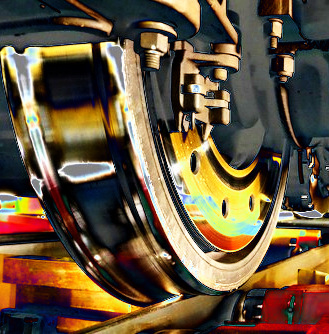Rail loop benefit questioned
 Analysis of Victoria's Suburban Rail Loop suggests the project's cost could outweigh its benefit.
Analysis of Victoria's Suburban Rail Loop suggests the project's cost could outweigh its benefit.
Victoria's independent Parliamentary Budget Office (PBO) has released more details of its assessment of the project, after earlier showing the overall cost of the Suburban Rail Loop would be greater than originally estimated by the government.
In the latest documents, the PBO says the first two stages of the project have a benefit-cost ratio between 0.6 and 0.7, or will make back about 70 cents for every dollar invested.
The PBO was asked to release the new data by the state’s Liberal opposition, which has pledged to shelve the project if elected and redirect the money to the public health system.
The opposition maintains that it will ‘shelve’ the project, but has not committed to scrapping it altogether. To some, this suggests the Liberals are planning to delay the project (making it more expensive) and possibly modify some details of it (making it cheaper), but will not get rid of it entirely.
Given that their plan involves building the rail loop at some point, many have questioned how much money would actually be available to boost the health system, and where the eventual rail costs will come from.
“The net benefit to the community is under the net cost. It's a negative outcome project in that respect, a dud project, a project that doesn't deliver for Victorians in the way we would expect,” Shadow Treasurer David Davis says.
“We've said that the project should be shelved. We've said that the money should be redirected into our crumbling healthcare system, a healthcare system that has seen the triple-0 service repeatedly fail Victorians and has seen inadequate capacity in our hospitals.”
Victoria's Transport Minister Jacinta Allan says the government remains committed to building the project sooner.
“Matthew Guy and the Liberals are saying they will cut the Suburban Rail Loop, cut the jobs, cut the connections that come with delivering a project like this and are trying to create a false choice,” she said.
“It isn't hospitals or train lines, you have to do both in government.”
Premier Daniel Andrews said the state does not have to choose the rail project at the expense of the health system.
“Whatever a government doesn't build is left to the next government and it always costs more and it's always more difficult,” he said.
“If you stop a project that is underway and critically important, well, that's not the way we operate.”








 Print
Print